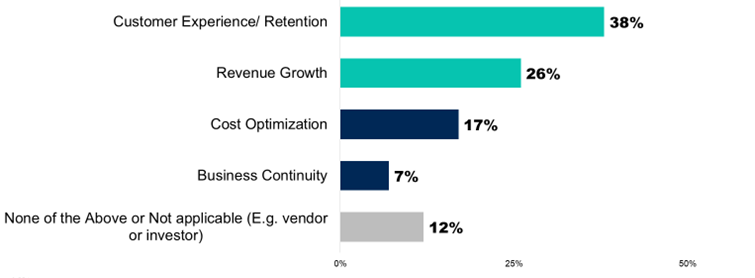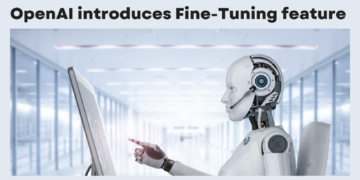A recent Gartner poll of more than 2,500 executive leaders found that 45% of respondents reported that the popularity of ChatGPT has led them to increase artificial intelligence (AI) investments. Additionally, 70% of executives said their organizations are exploring generative AI, while 19% are in the pilot or production phase. These findings highlight the growing interest and investment in the technologies and their potential to transform businesses.
Benefits of Generative AI Outweigh its Risks
The poll revealed that 68% of executives believe that the benefits outweigh the risks, compared to only 5% who feel that the risks outweigh the benefits. However, as investments deepen, executives may shift their perspective and become more concerned about the potential risks associated with the technology.
Frances Karamouzis, Distinguished VP Analyst at Gartner, said, “Initial enthusiasm for new technology can give way to more rigorous analysis of risks and implementation challenges. Organizations will likely encounter a host of trust, risk, security, privacy, and ethical questions as they develop and deploy generative AI.”
Customer Experience is the Primary Focus of Investments
The poll also found that only 17% of executives identified cost optimization as the primary purpose of generative AI investments. Customer experience was the most common primary focus of investments, cited by 38% of respondents. These findings indicate that companies prioritize using the technology to enhance customer experiences and create new business models.
Primary Focus of Generative AI Investments (Percentage of Respondents)

Use Cases for Generative AI
As organizations explore generative AI, many start with use cases such as media content improvement or code generation. These efforts can provide an initial value-add, but the technology has the potential to support solutions that augment humans or machines and autonomously execute business and IT processes.
Karamouzis added, “Autonomous business, the next macrophase of technological change, can mitigate the impact of inflation, talent shortages, and even economic downturns. CEOs and CIOs that leverage the technology to drive transformation through new products and business models will find massive opportunities for revenue growth.”



























